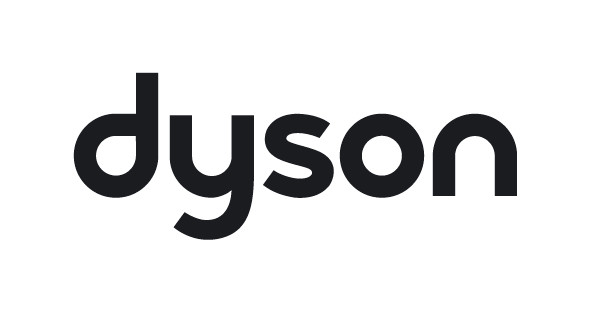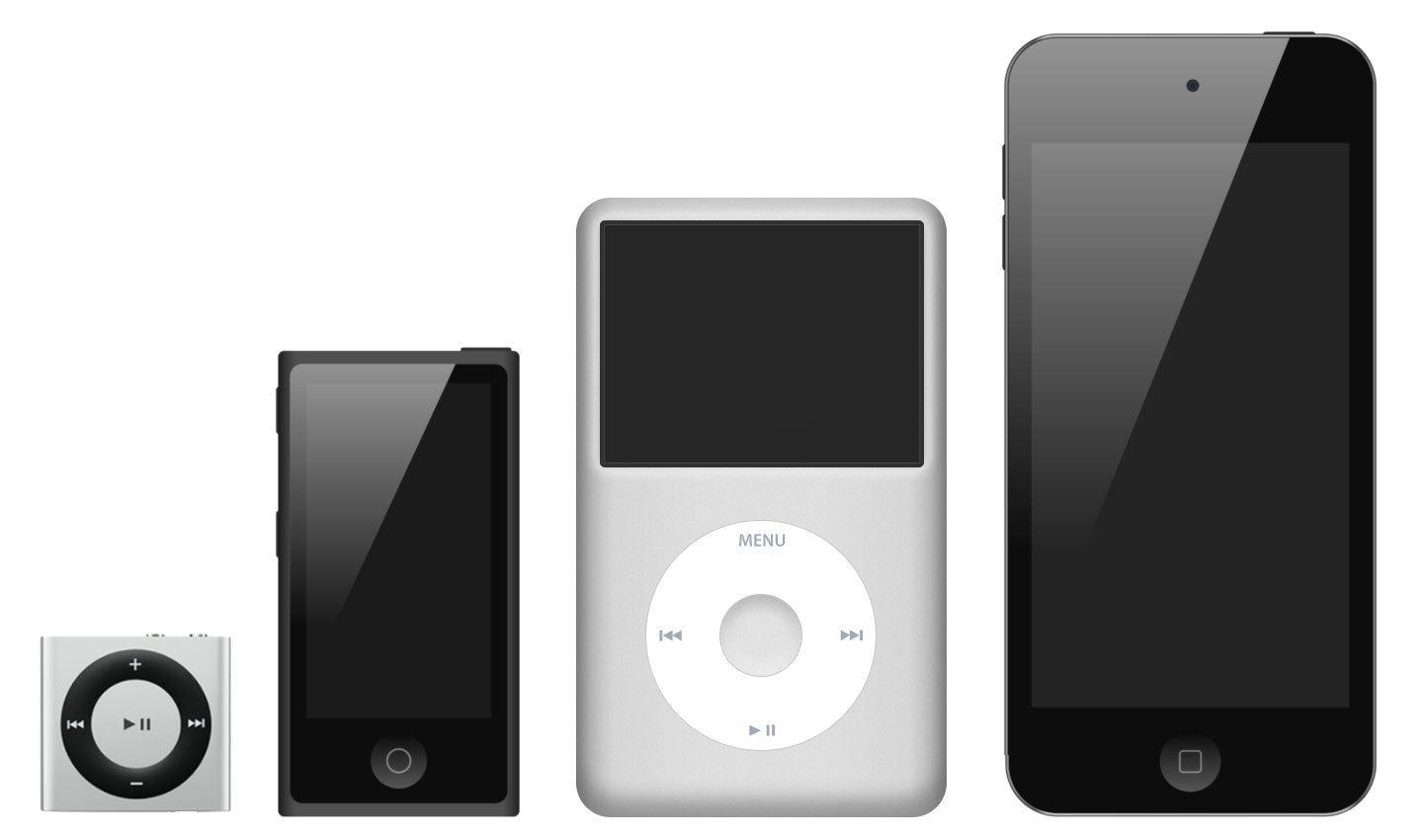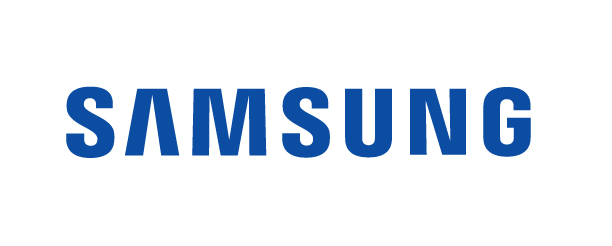A window is time horizon during which opportunities exist before something else happens to eliminate them. A unique opportunity, once shown to produce wealth, will attract competitors, and if the business is easy to enter, the industry will become rapidly saturated. Bicycles did not become viable commercial products until people needed them as transportation. When that need occurred, hundreds of bicycle manufactures rushed to take advantage of the “window of opportunity.” Literally every successful product and service has had an optimal period of time for commercialization. Those introduced too early have usually failed, and those introduced too suffered from crowded markets.… Read the rest
Innovation Management
Effects of Innovative Culture on Organizations
Growth creates a need for structure and discipline, organisation changes which can strain the culture of creativity that is so vital to future success. To sustain competitive advantage, companies need to institutionalize the innovation process; they need to create an internal environment where creative thinking is central to their values, assumptions and actions.
Management changes and management generally is about implementation. When the managers of an enterprise feel pressured, the fear-driven response is generally to implement better and which generally results doing more of the same only quicker or cheaper. While this is great for doing more of the same, it is still the same and meanwhile everything else is changing — customer’s needs, technology, society, macroeconomics and geopolitics are all changing.… Read the rest
Organizational Innovation
Organizational Innovation is a process of receiving and using new ideas to satisfy the stakeholders of an organization. It is the conversion of new knowledge into new products and services. Organizational Innovation is about creating value and increasing efficiency, and therefore growing business. It is a spark that keeps organizations and people moving ever onward and upward. “Without innovation, new products, new services, and new ways of doing business would never emerge, and most organizations would be forever stuck doing the same old things the same old way.
… Read the rest“Innovation here is defined broadly, to include both improvements in technology and better methods or ways of doing things.
Case Study of Dyson: Competitive Advantage through Innovation
Dyson, an electrical manufacturer, is solely owned by Sir James Dyson, and its headquarters are based in Malmsbury, Wiltshire. Dyson was the first company to introduce a bagless solution to conventional vacuum cleaners. After securing a significant market share in the vacuum cleaner industry, the company decided to diversify in to new products and countries. Dyson’s vision is to make products more environmentally friendly and easy to use; his ongoing mission is to promote design and innovation through the production of his products. Today Dyson has a presence in 45 countries and still maintain a 46 % and 32% share in the UK and US Vacuum cleaner market, respectively.… Read the rest
Case Study: iPod, Apple’s Best Innovation
Apple had in effect recognized an opening inside the digital music market. They had acknowledged that there was a drop in sales of digital music players due to the goods presently on the market being inadequate. Apple will have believed that the then current crop of music players were insufficient thus prompting them into designing the phenomenon that is the iPod. Due to the success of the Sony Walkman, Apple decided they wanted to enter the music player market. Therefore the company expanded from the core product of computers and software manufacture into many areas including personal music/media players (iPod). The creator of Apples iTunes was Steve Jobs, an in-house software creator.… Read the rest
Case Study: Samsung’s Innovation Strategy
The success of Samsung has been widely acknowledged in the last decade. Samsung, the world’s largest television producer and second largest mobile phone manufacturer, is also the largest firm of flash memory maker. Furthermore, Samsung was ranked by Fast Company Magazine to be third most innovative company in the consumer electronics. The company grew from a local industrial leader into a worldwide consumer electronics brand, with up to 261,000 employees, 14 public listed companies, 470 offices and facilities in 67 countries. Samsung was ranked as 11th world’s most innovative companies. It is one of the two Korean companies in the Top 20 companies.… Read the rest



